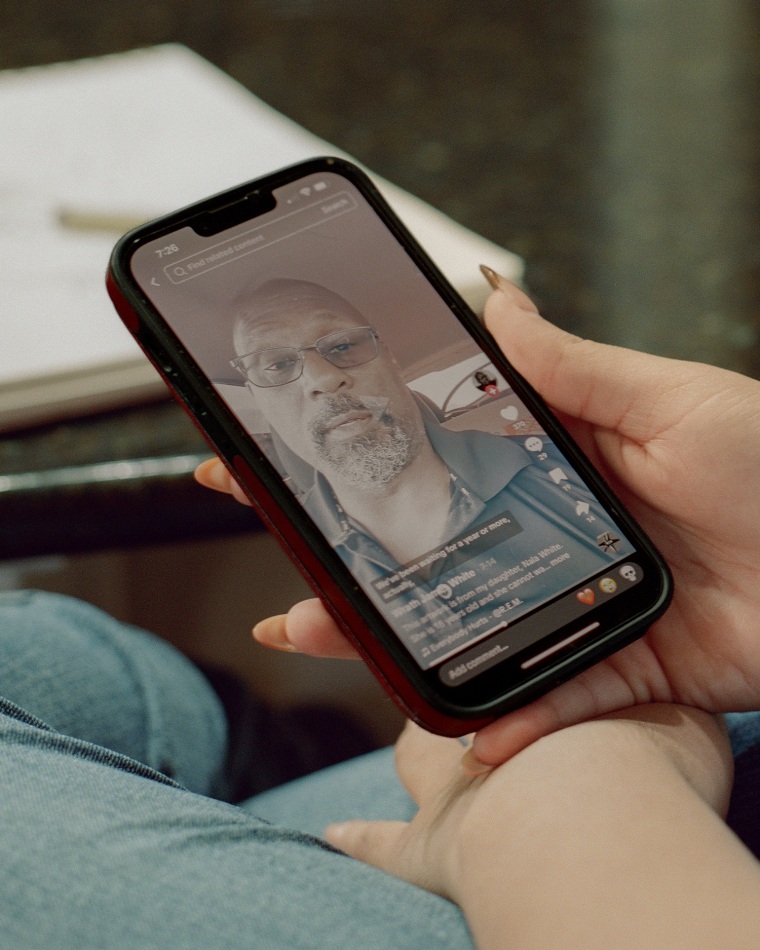
Her spine surgery was denied. Doctors say it's all too common.
Insurance denied 18-year-old Nala White’s surgery for degenerative disc disease. After NBC News reached out, it was approved the next day.
By the time she graduated high school, the back pain that Nala White first noticed at age 13 had radiated to her left leg, creating an unbearable sensation of pins and needles. The mere act of standing at her graduation ceremony was excruciating.
“I had to sit there and dig my nails into my palms and just bear through it,” White said.
At home, a simple walk from her bedroom to the kitchen brought her to tears. And a trip to the mailbox down the street would cause her leg to burn, forcing White to crouch or sit for relief.
Read more on this story at NBCNews.com and watch “NBC Nightly News with Tom Llamas” tonight at 6:30 p.m. ET/5:30 p.m. CT.

The 18-year-old from Austin, Texas, was diagnosed three years ago with degenerative disc disease, the same condition her mother developed as a teenager. Most people develop the condition as spinal discs wear down naturally with age, but early onset can run in families.
In severe cases, spine surgery is often the best option to alleviate the debilitating pain and numbness that are hallmarks of the disease. Multiple doctors recommended that White get surgery to remove part of the bone that was compressing her nerves.
However, her insurance company, Aetna, twice refused to cover the surgery, saying it was “not medically necessary.” Doctors who treat degenerative disc disease say it’s an all-too-common scenario.
White’s predicament comes at a time of growing animosity against insurance companies over denied claims or pre-authorization requests, which require an insurer to sign off on a medical service before it happens. A 2023 survey from Premier, a health care data and consulting company, found that nearly 15% of claims submitted to private insurance companies are initially denied, and more than half of denials are overturned, usually after multiple appeals. Frustrations with insurance companies grew louder last year following the killing of UnitedHealthcare chief executive Brian Thompson, which is widely suspected to have been motivated by grievances with the health insurance industry.




